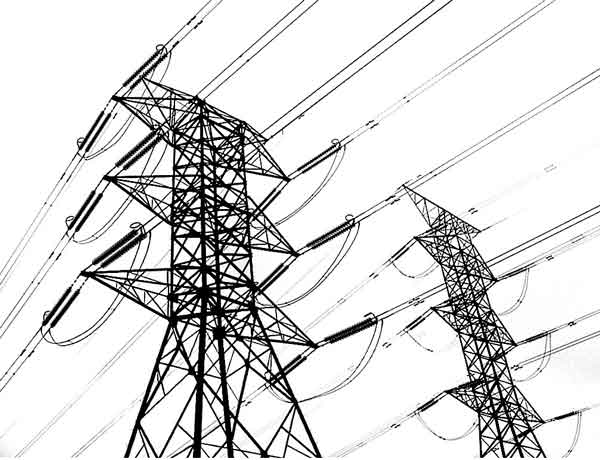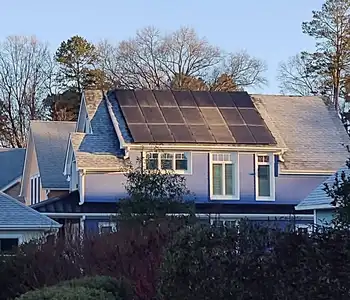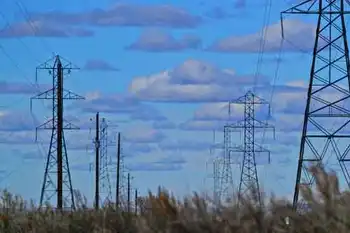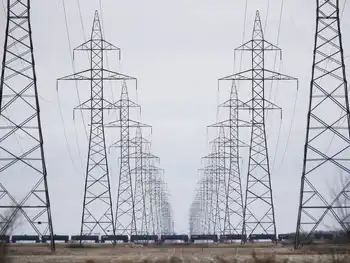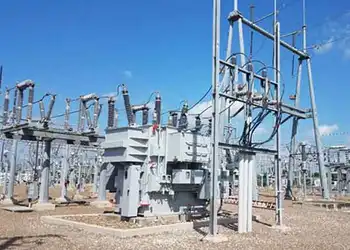Hawaii unlikely to ban new power plants
By Associated Press
Arc Flash Training CSA Z462 - Electrical Safety Essentials
Our customized live online or in‑person group training can be delivered to your staff at your location.

- Live Online
- 6 hours Instructor-led
- Group Training Available
Rep. Hermina Morita, a chairwoman on the committee considering the measure, said that passing the nation's first law prohibiting new oil and coal power production could create future problems, even though more wind and solar power will be coming online.
"It's premature to cut off any of our options," said Morita, D-Hanalei-Kapaa, chairwoman of the Energy & Environmental Protection Committee. "I'm not sure you want such a definitive statement in statute, where we wouldn't have very much flexibility."
Hawaii has set a goal of getting 70 percent of its energy from clean sources by 2030, but even then the state would need fossil fuels for its remaining 30 percent of power, Morita said.
Environmental groups held a rally at the Capitol in support of the ban. They plan to play music using a solar-powered sound system and hand out 400 T-shirts.
"A ban causes the utilities to readjust their thinking. If they don't have the option of this mix of biomass and fossil fuel, then they'll be forced to look at more attractive alternatives like solar, wind and wave power," said Jeff Mikulina, executive director for the Blue Planet Foundation, whose mission is to make Hawaii energy independent.
No new power plants are planned by Hawaii's primary utility company, Hawaiian Electric, although the island of Kauai's utility intends to build a combustion turbine.
Hawaiian Electric supported the idea of barring new fossil fuel plants, said spokesman Darren Pai.
"We had already agreed to not add any fossil fuel-based generating units over 2 megawatts," Pai said. "It's important that any law provides flexibility to provide reliable electric service to our customers."
Versions of the bill passed both the state House and Senate, but the parts of the measure dealing with the power plant ban will likely stall in conference committee.
Other sections of the legislation setting specific five-year goals for renewable energy and clarifying Hawaii's solar water heater mandate for new homes will probably pass into law, Morita said.
The measure could be brought up next year if lawmakers and environmentalists can agree on language discouraging power plant construction without shutting off the possibility entirely, she said.





